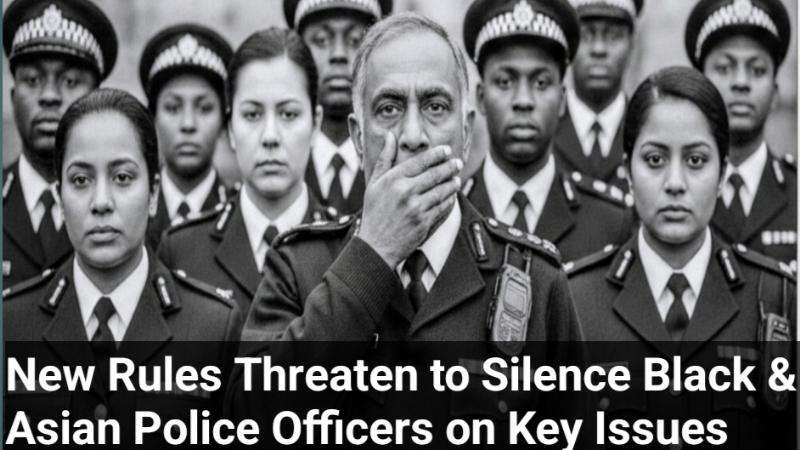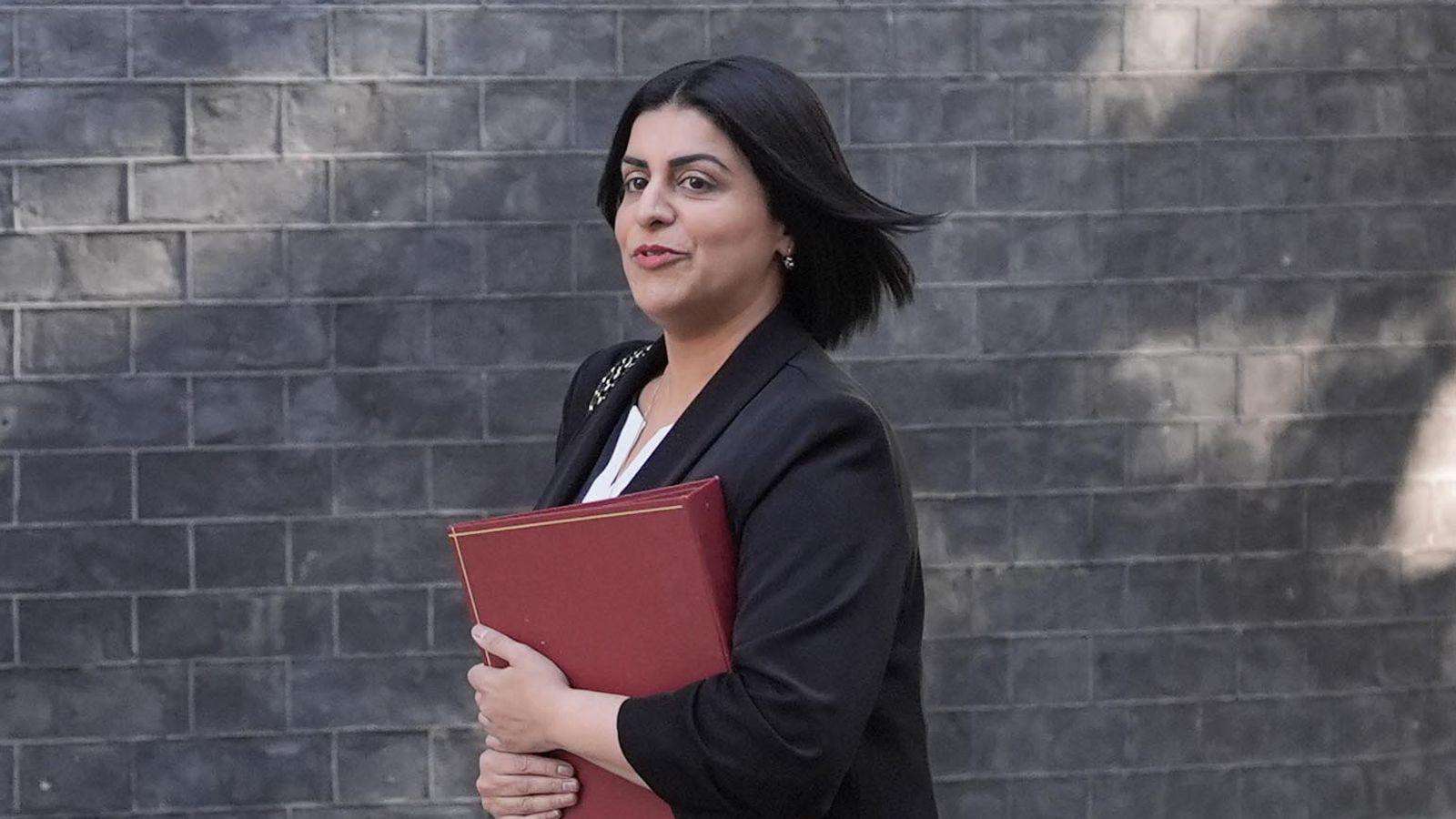Portugal is grappling with a significant migrant influx, prompting government officials to declare a loss of "control." The Agency for Integration, Migration and Asylum (AIMA) reports that the number of immigrants residing in Portugal has reached a staggering 1.6 million, nearly quadrupling in just seven years. This surge has triggered widespread concern and calls for stricter immigration policies, Daily Dazzling Dawn understand.
Within this complex landscape, the Bangladeshi community in Portugal faces unique challenges and uncertainties. While the broader narrative highlights the overall rise in migrant numbers, understanding the specific situation of Bangladeshis requires a closer look.
Bangladeshi Presence Over Two Decades:
Over the past twenty years, the Bangladeshi community in Portugal has gradually grown, contributing to various sectors, particularly in agriculture, construction, and restaurants. Many Bangladeshis have sought to regularize their status, seeking stability and opportunities in Portugal. However, the process has often been complex and lengthy, with varying degrees of success.
Current Application Status:
The recent surge in overall migrant applications has undoubtedly impacted the Bangladeshi community. While precise figures on the number of Bangladeshi applications are not readily available, it's evident that the backlog and increased scrutiny are creating significant anxiety. Many Bangladeshis are among those awaiting decisions, facing uncertainty about their future in Portugal. The end of the "expression of interest" regime on June 3, 2024, has further complicated matters, potentially leaving those who applied after this date in a precarious position.
Situation of the Bangladeshi Community and Immigrants:
The Bangladeshi community in Portugal, like many other immigrant groups, is diverse. Some have established stable lives, while others struggle with precarious employment and housing. The recent influx of immigrants has intensified competition for jobs and resources, adding to the existing challenges.
Reports indicate that many Bangladeshi immigrants work in low-wage jobs, often in demanding sectors. Their salaries are typically modest, and savings are limited, making them particularly vulnerable to economic fluctuations and policy changes. The rising cost of living in Portugal further strains their financial stability.
Impact of the "Out of Control" Crisis:
The government's acknowledgment of an "out of control" migrant situation has created a climate of uncertainty for all immigrants, including Bangladeshis. The focus on reducing entry flows and stricter regulations has raised concerns about potential deportations and increased difficulties in regularizing status.
The situation underscores the need for a comprehensive and humane approach to immigration management. While addressing the surge in numbers is crucial, it's equally important to protect the rights and well-being of existing immigrant communities, including the Bangladeshi community, who have contributed to Portugal's economy and society.
Key Issues Facing the Bangladeshi Community:
Regularization Challenges: Lengthy processing times and changing regulations create uncertainty.
Economic Vulnerability: Low wages and limited savings make them susceptible to hardship.
Housing Issues: Overcrowding and limited affordable housing options.
Integration Barriers: Language barriers and cultural differences can hinder integration.
Fear and Anxiety: The "out of control" narrative creates fear of deportation and discrimination.
The situation in Portugal highlights the complexities of immigration in a globalized world. It requires a balanced approach that addresses the challenges of managing migrant flows while upholding the principles of human dignity and fairness. The Bangladeshi community, like other immigrant groups, deserves clarity and stability as Portugal navigates this challenging period.








.svg)



